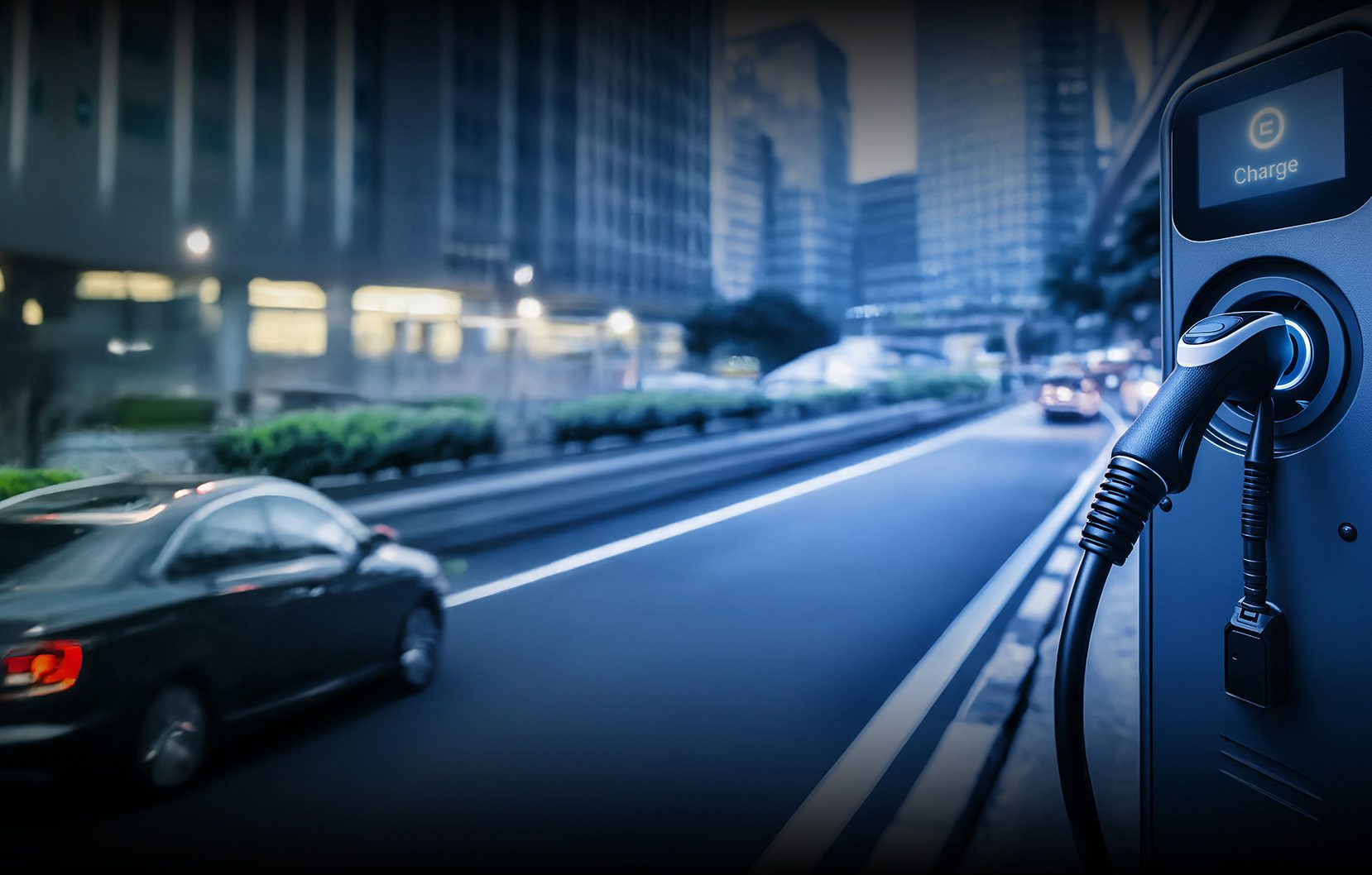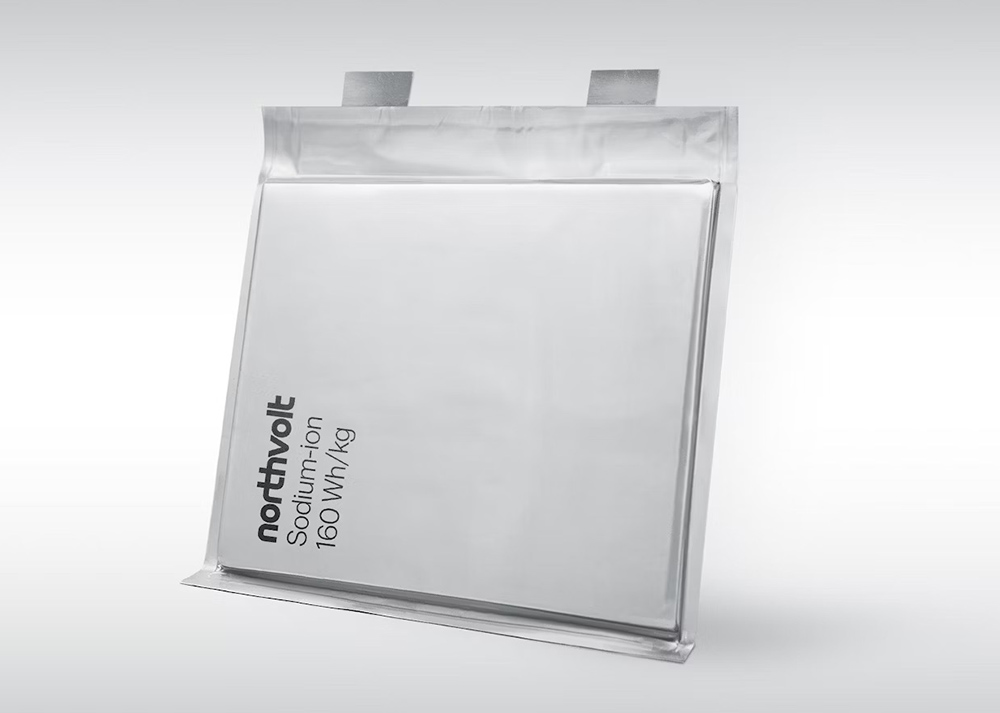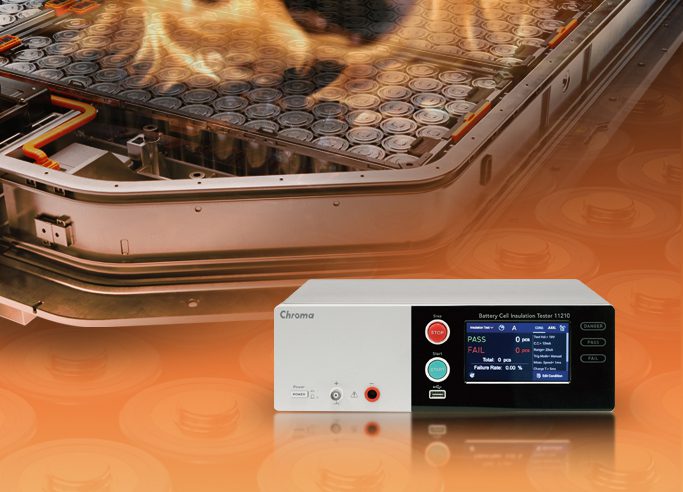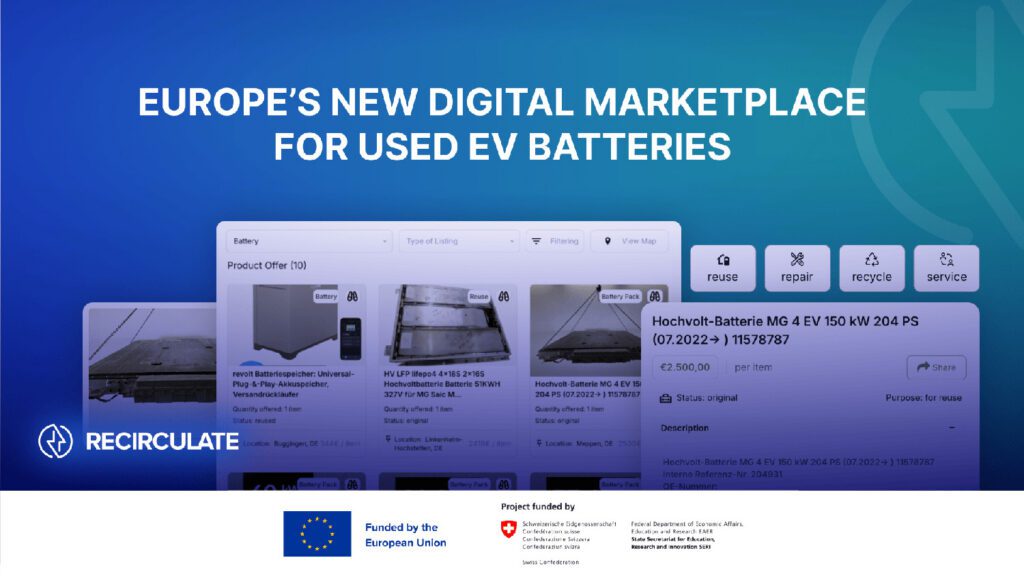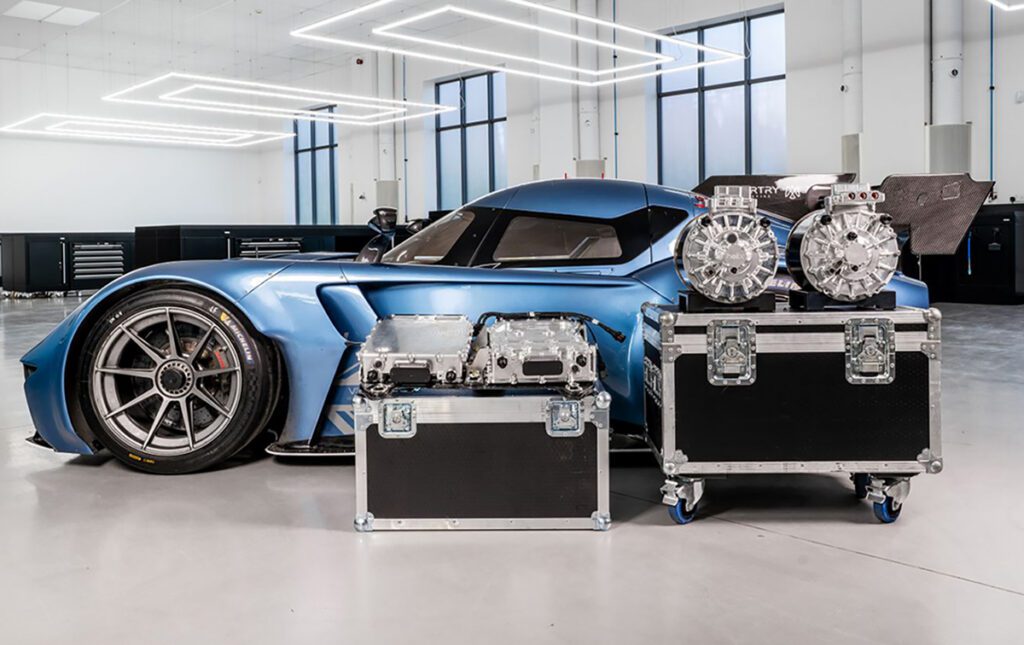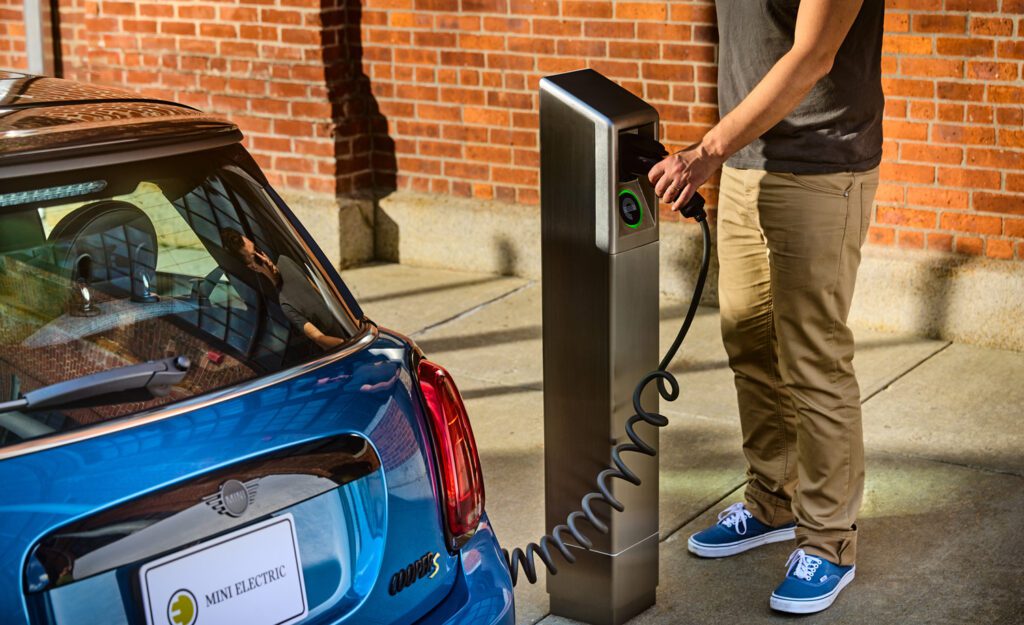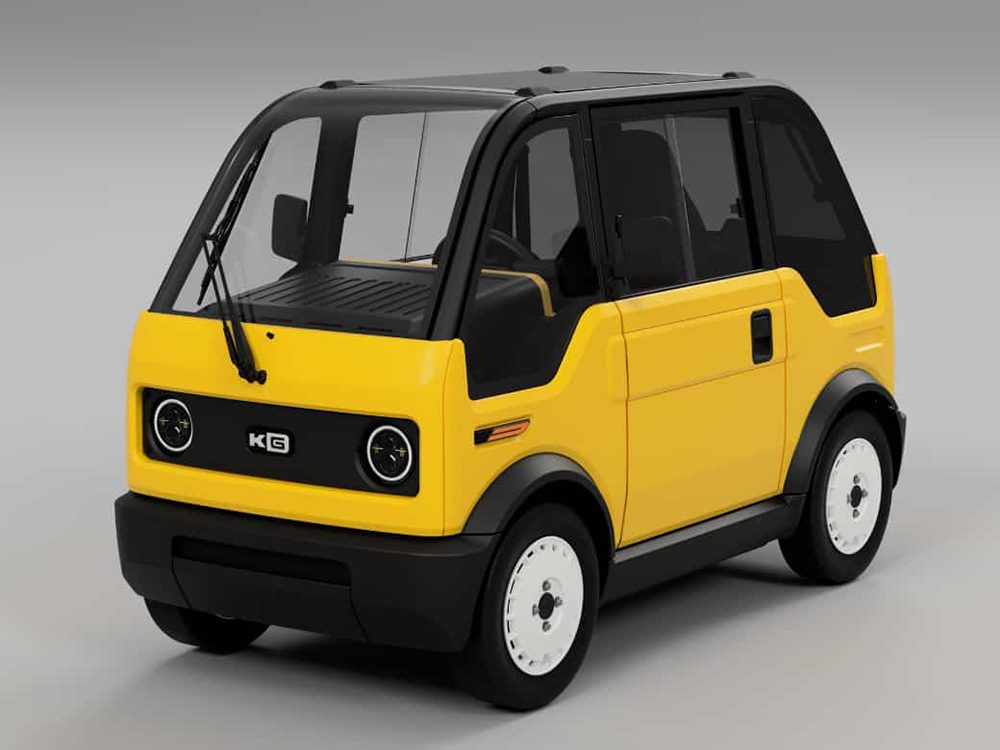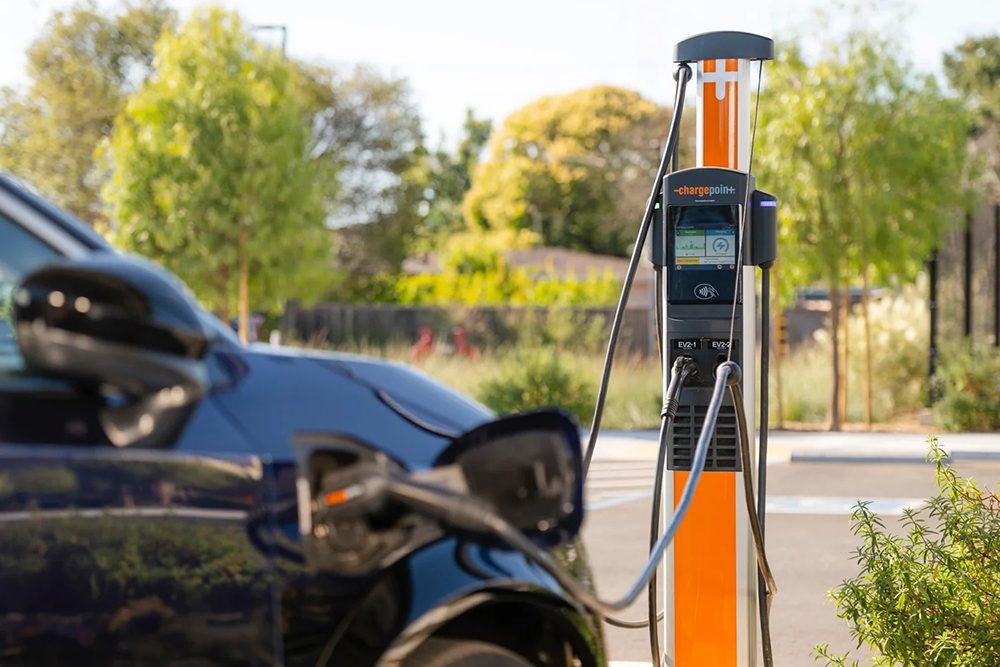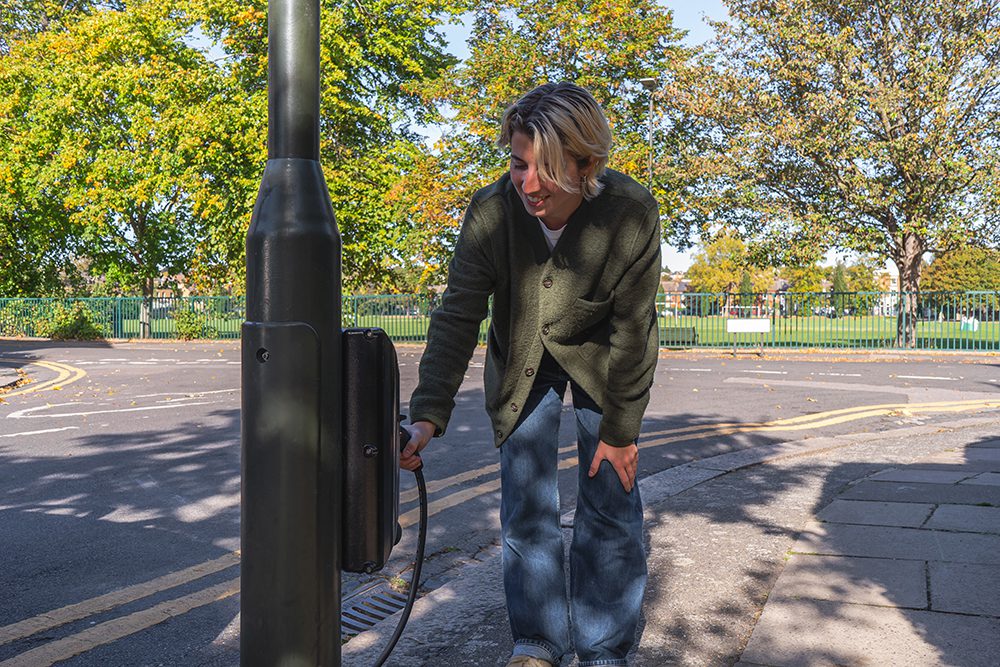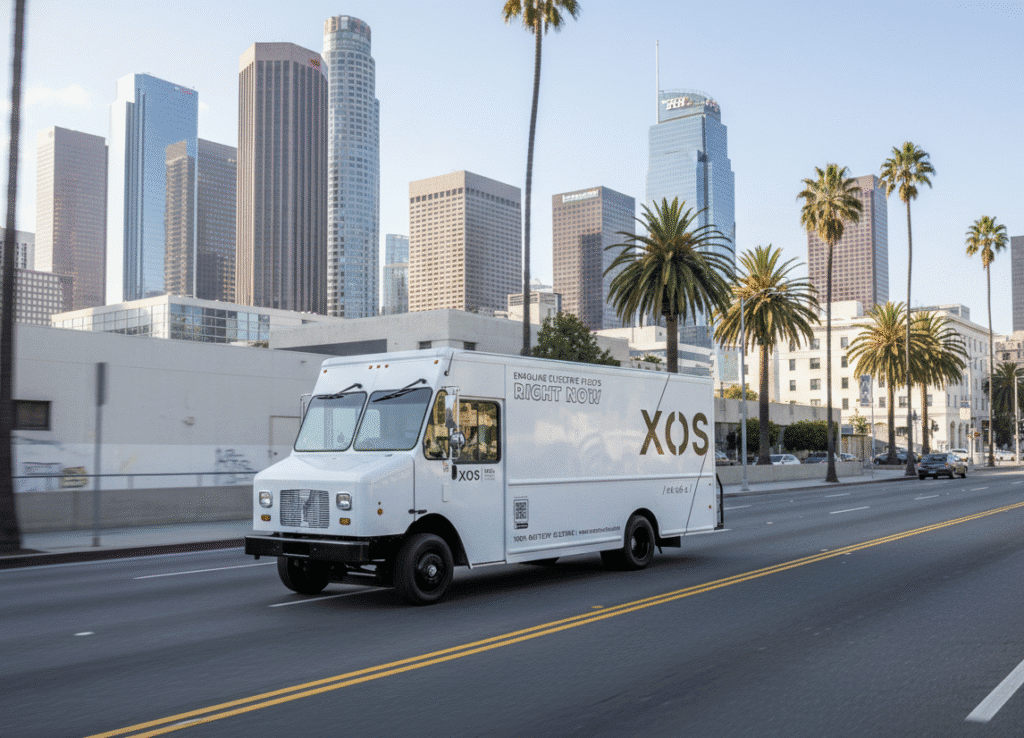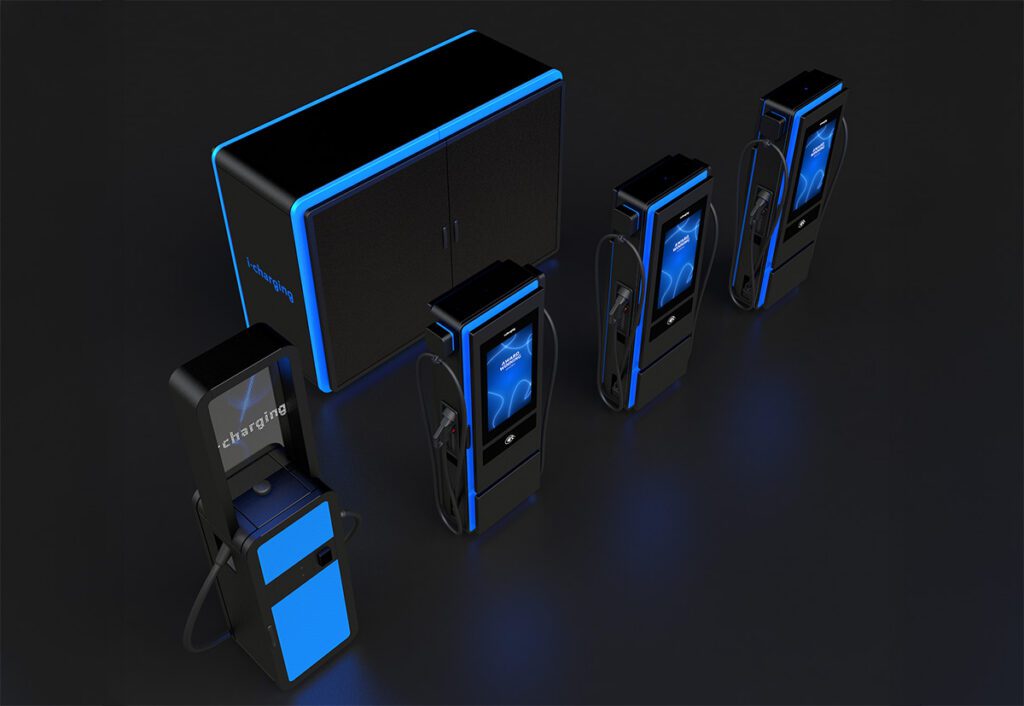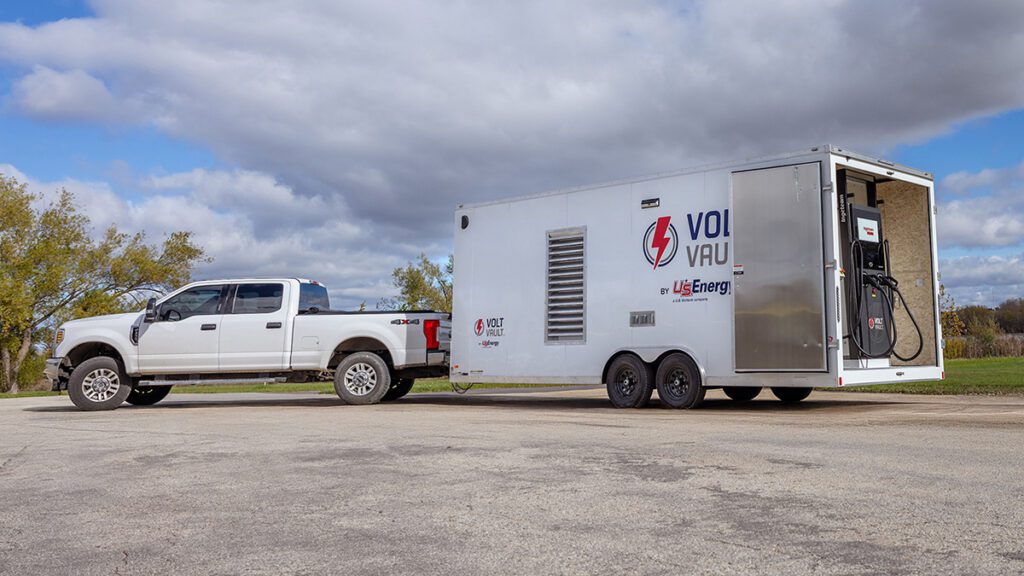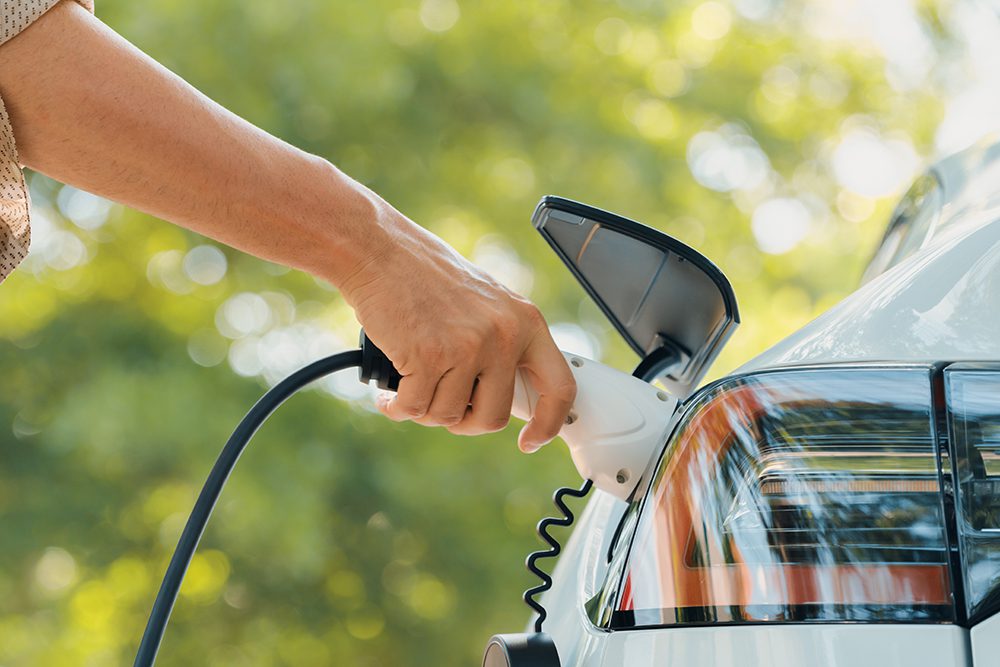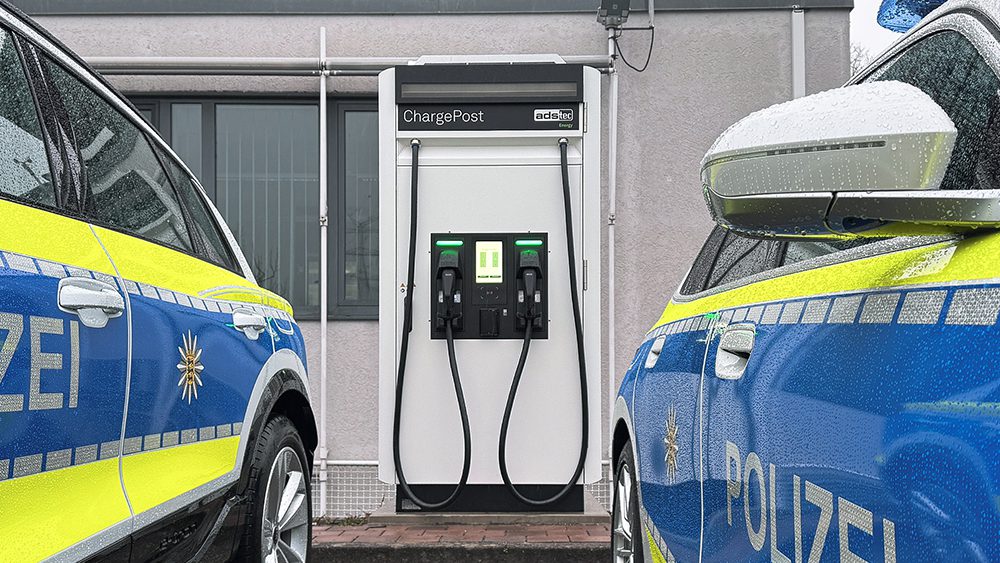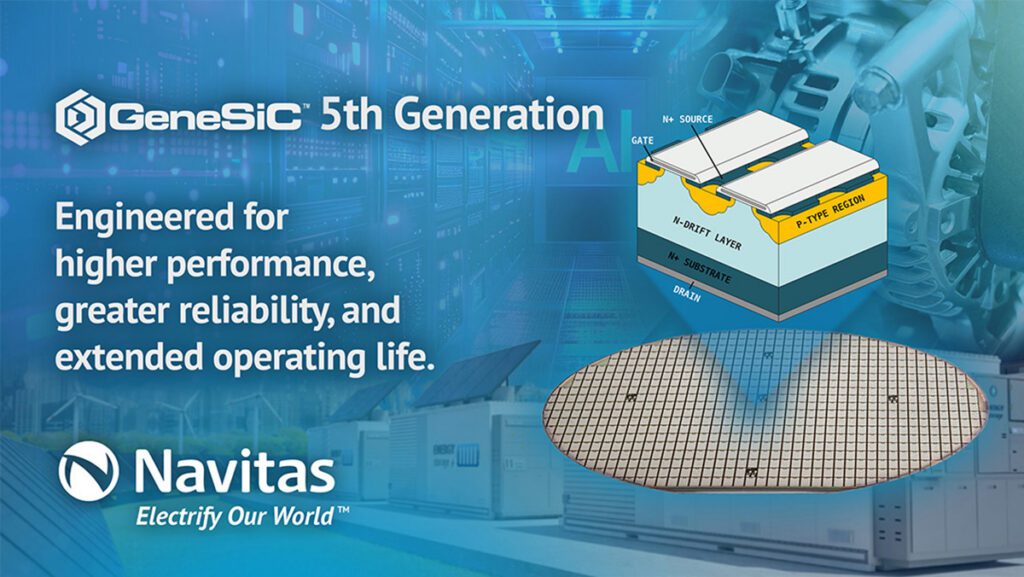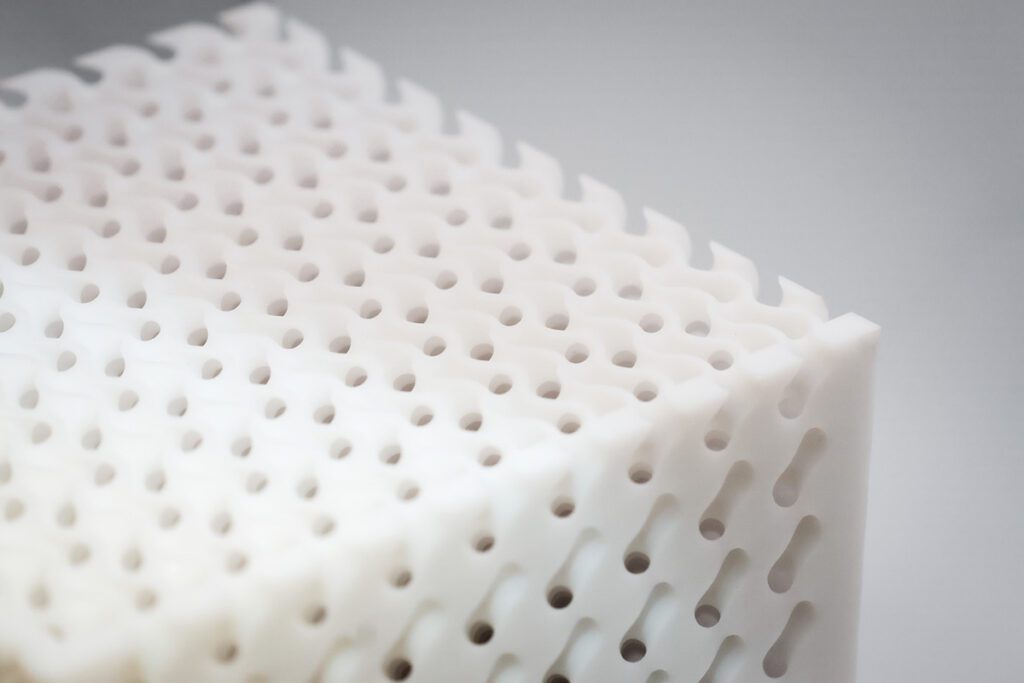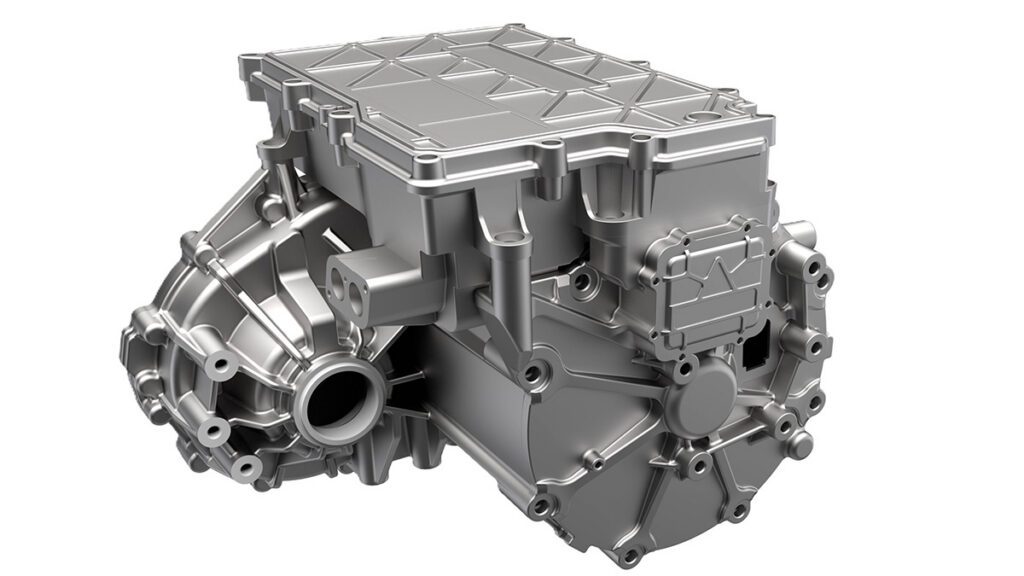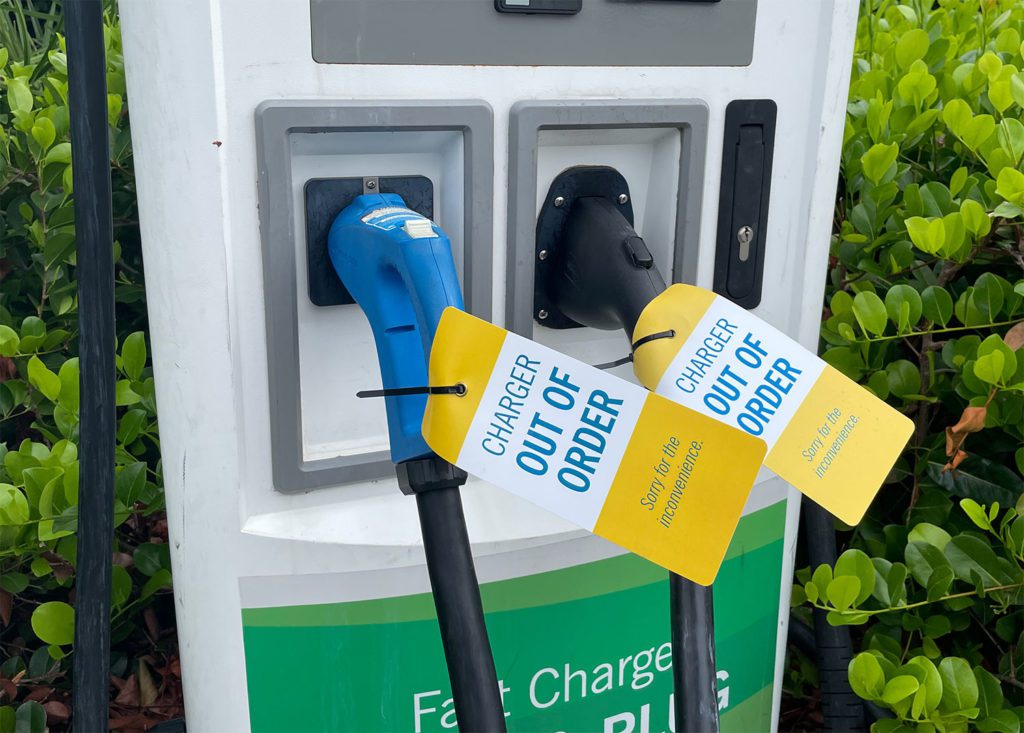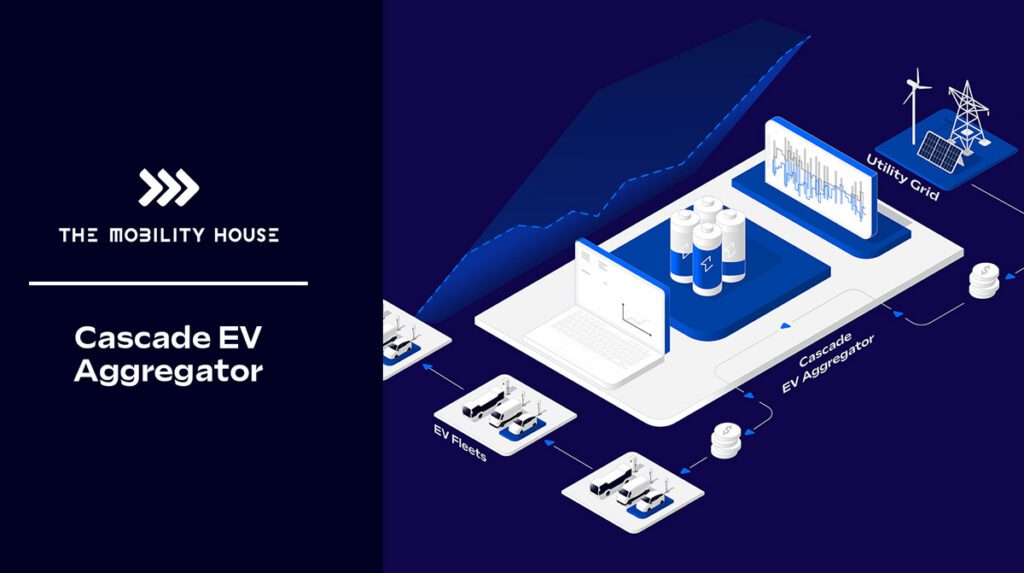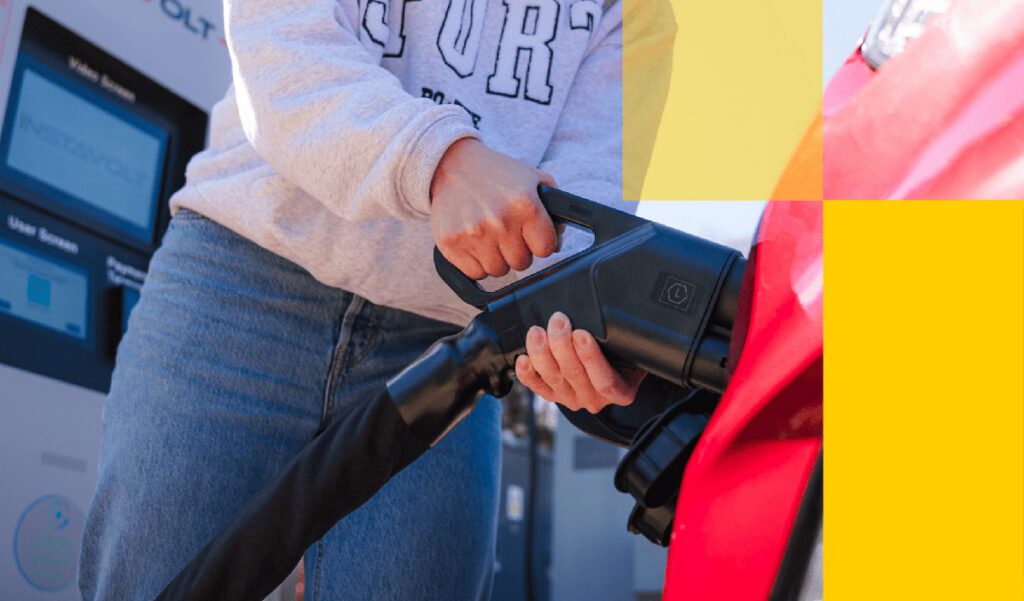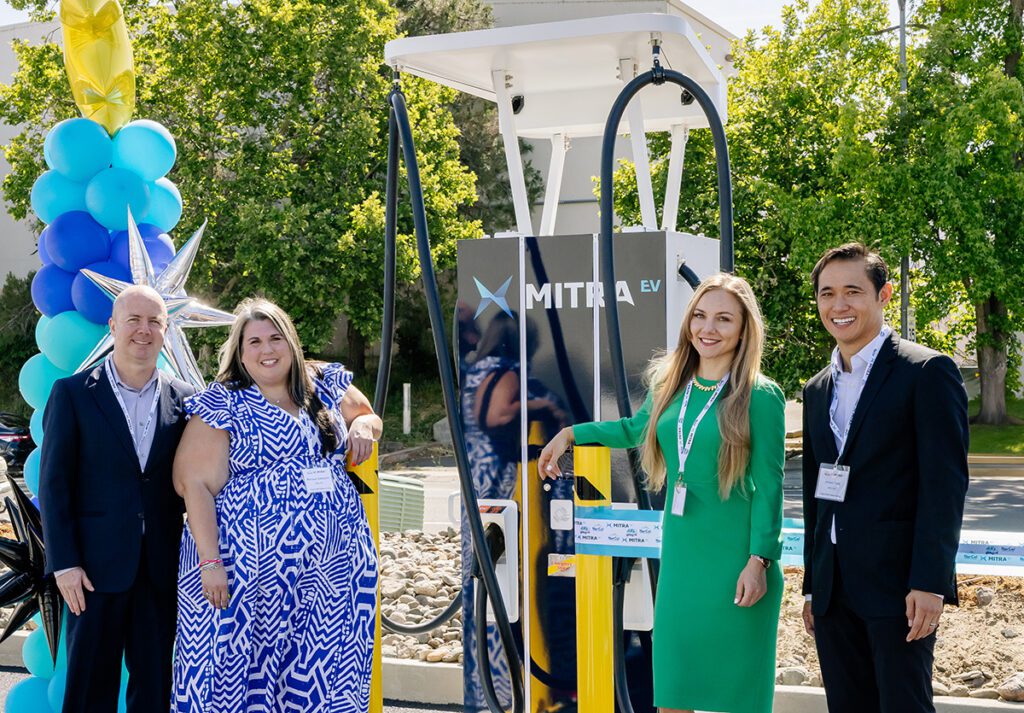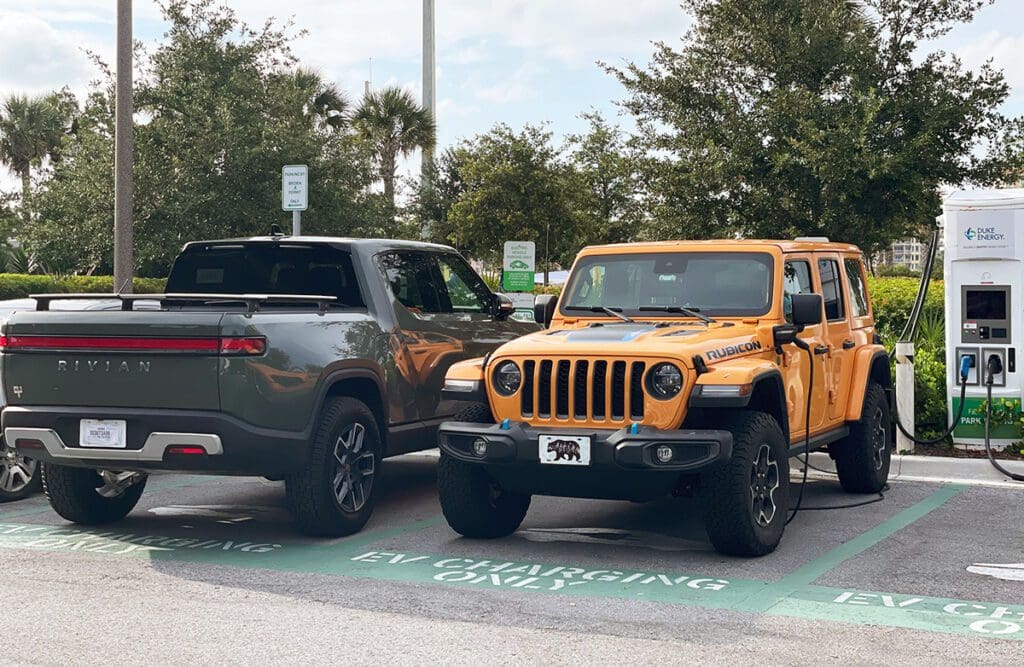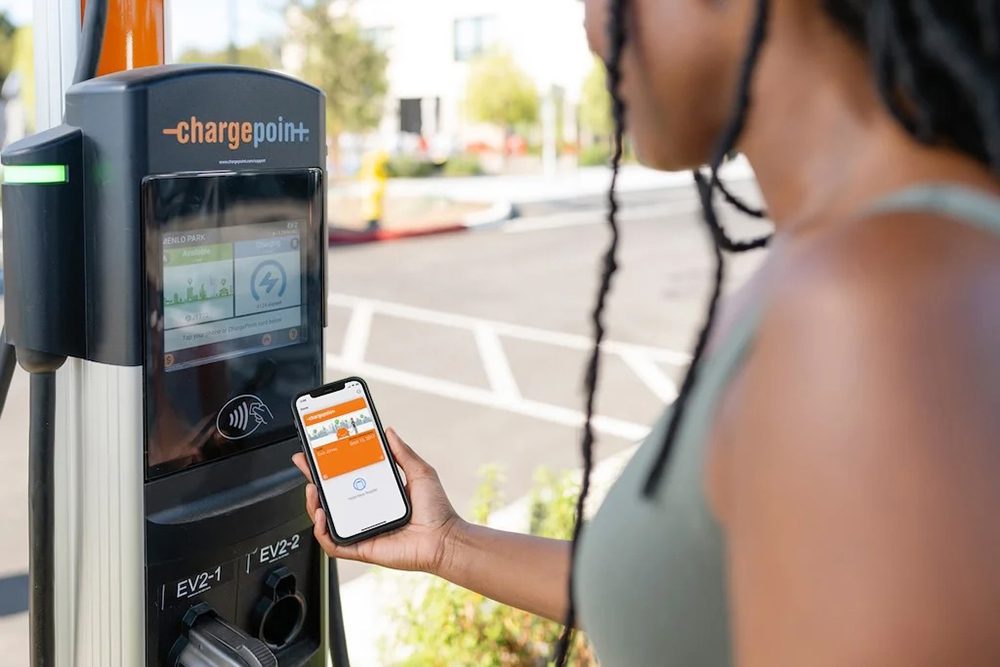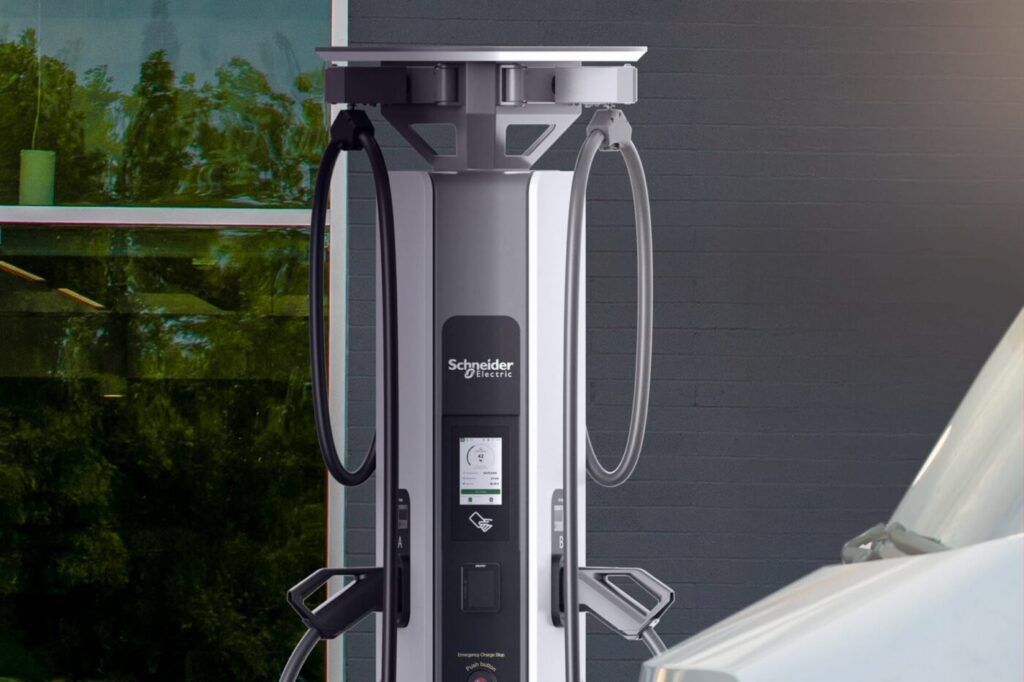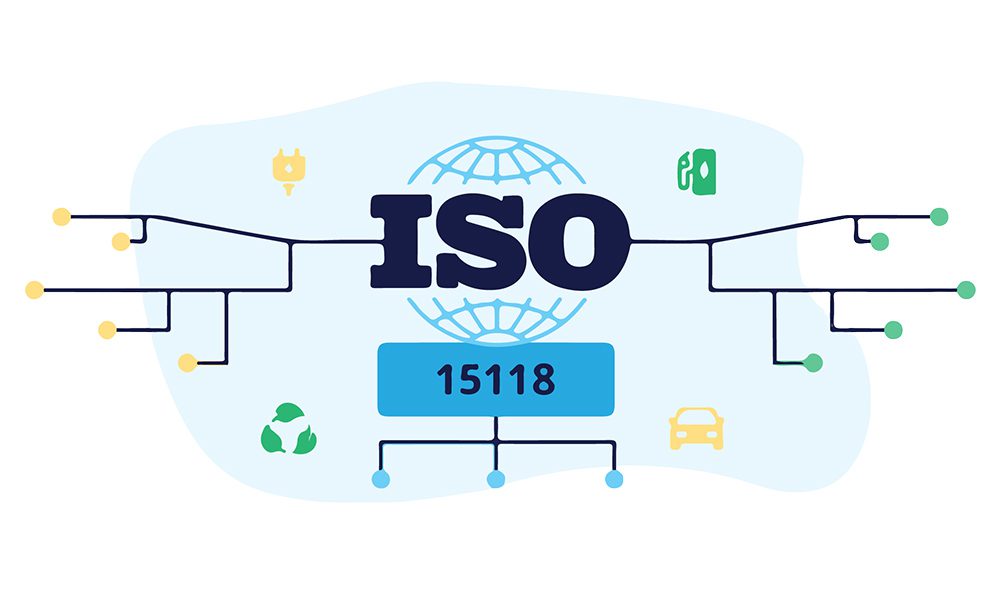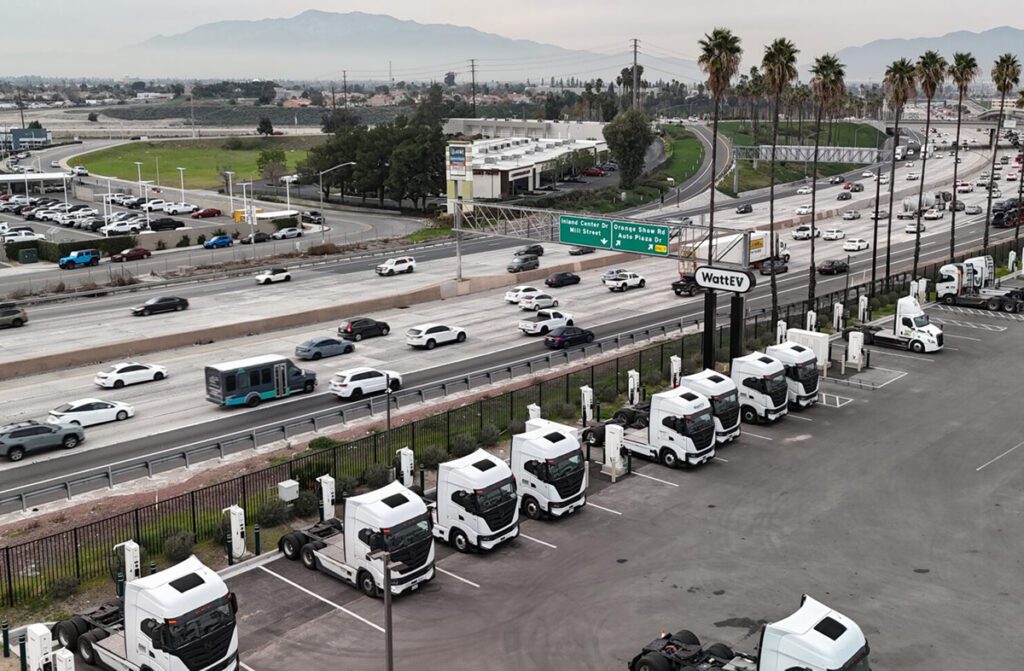Northvolt, the battery startup founded in 2017 by two Tesla alums, was the Great European Hope that was supposed to free the Continent from dependence on Chinese EV battery production. And for a while, things were really rolling—the company raised billions and formed partnerships with several automakers. It managed to get a couple of facilities up and running, and had more in development.
Alas, all was not well up north—the company went belly-up in 2024, done in by bureaucratic roadblocks, production problems and slower-than-expected demand, plus a dose of good old-fashioned mismanagement. In the end, the failure was probably down to a simple inability to compete with more experienced and deep-pocketed Chinese players such as BYD and CATL.
Northvolt’s fall has caused some investors to sour on other battery projects. Reuters reports that at least eight companies postponed or abandoned European EV battery projects in 2024, and that Europe’s projected battery pipeline capacity for 2030 is a fraction of what it was at the beginning of the year.
Europe’s dream of developing its own EV batteries is far from dead, but it seems that “Wir schaffen das” has been replaced by “If you can’t beat ‘em…”
A dozen executives, investors and analysts told Reuters that the future of Europe’s battery industry may lie in joint ventures with Chinese companies.
Slovakian startup InoBat got a much-needed leg up last year when Chinese battery maker Gotion bought a 25% stake and signed onto a joint venture to build European gigafactories. More recently, InoBat raised 100 million euros ($104 million) in Series C funding, taking its total raised to 400 million euros.
Battery startups are “just not the flavour of the month,” said Lacie Midgely, a research analyst at UK investment bank Panmure Liberum. “Institutional investors are looking for strategic investors before they’ll get on board.”
In 2023, Hefei-based Gotion had around 150 gigawatt hours (GWh) of nominal battery capacity—far more than all of Europe’s current capacity.
The involvement of Chinese giants with proven track records reassures investors, Vikram Gourineni, Executive Director at Indian battery maker Amara Raja, a lead investor in InoBat’s Series C round, told Reuters. “It made a big difference that InoBat has a partner like Gotion on board.” Automakers are now demanding proven scale “because they don’t want to risk their EV programs.”
The formula certainly seems to be working for InoBat, which has a pilot production line making EV batteries in Voderady, near Bratislava. The company will be Gotion’s “European face” for larger gigafactories, said InoBat CEO Marian Bocek. “Investors look at us and see our big brother [Gotion] will ensure our cells get produced,” Bocek told Reuters.
Other China/Europe tie-ups include a recent agreement between Stellantis and CATL to form a JV for a for a large-scale LFP battery plant in Spain
Other projects are proceeding without the Chinese—for now. France’s Verkor, backed by customer Renault, is building a 16 GWh gigafactory in Dunkirk that is to be completed around 2028. CEO Benoit Lemaignan acknowledged that his company will have to prove it can deliver to Renault before it wins other automakers as customers. “They are happy to interact with us, but they want to see the product first.”
Britain’s Ilika says it will provide test battery cells in 2025 to 17 automakers and battery makers. Rather than building its own factory, Ilika plans to pursue licensing agreements to mass-produce its solid-state batteries.
Michael Rae, a clean-tech Fund Manager at M&G, told Reuters that Ilika could become an investment candidate, but it needs to prove itself to major automotive customers.
For startups hoping to survive the Valley of Death, capital is always the big issue, and Chinese battery firms have it. Will more European companies like Verkor and Ilika end up looking to the East?
Source: Reuters

